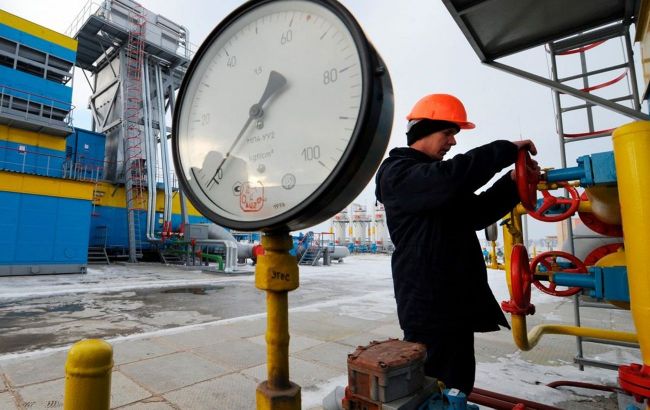Spain calls on EU to take tougher stance on import of Russian LNG
 Illustrative photo: Spain offers the EU to ensure the ability to block imports of Russian liquefied gas (Getty Images)
Illustrative photo: Spain offers the EU to ensure the ability to block imports of Russian liquefied gas (Getty Images)
The Minister of Energy of Spain, Teresa Ribera, calls on the European Union to adopt a tougher stance on the import of Russian liquefied natural gas (LNG). Madrid urges Brussels to provide the possibility for countries to block it without redirecting supplies to neighbors, informs Bloomberg.
After the large-scale invasion by Russian occupiers in Ukraine, gas supplies from Russia to Spain doubled, constituting approximately one-fifth of its gas imports last year. However, it is worth noting that soon the EU will allow member countries to block such flows without imposing sanctions.
"We have to ensure the response is effective... Please let’s try and coordinate how we react on this, both on the spot market and existing contracts," Ribera told journalists on the sidelines of the EU energy ministers' meeting on Monday.
Bloomberg notes that Finland is currently one of the few countries taking advantage of the ban - the import of Russian gas into this country is practically zero.
For Spain and several other European countries that are more reliant on Russian shipments, such a plan creates a dilemma. Since the majority of their shipments pass through the Belgian port of Zeebrugge, one EU country blocking imports may simply encourage them to reroute to another location, the material states.
According to Ribera, guidance is also needed on how to exit companies from long-term contracts with Russia based on the "take or pay" principle while ensuring that gas is not redirected to other third countries.
It is also reported that European Commissioner for Energy Kadri Simson told member states on Monday that the block is open to providing guidance on halting the import of Russian LNG and will actively support the use of this tool after its introduction, as mentioned in the article.
The source indicates that the parliament will vote on this measure as part of the gas package in April.
"We must end this year with even less Russian gas in our system than the year before," Simson noted, adding that Russia was the second-largest supplier to the EU after the United States in 2023.
Russian gas in Europe
It is worth noting that although the EU has gradually reduced its dependence on Russian energy resources since the Russian invasion of Ukraine in February 2022, it still receives gas from Russia. Some EU countries continue to import Russian gas despite the war against Ukraine, with Hungary being among them.
Recently, it was reported that Spain increased its import of Russian gas by 35% last year. The majority of it arrives in the country by sea.
Russian gas also continues to flow into Czechia. In January, the import of Russian gas accounted for about 62% of the total volume.
At the end of February, it became known that the European Union plans to enshrine in law its commitment to phase out Russian gas by 2027.

